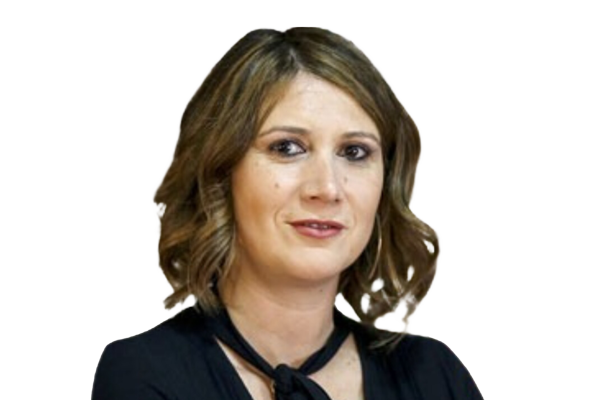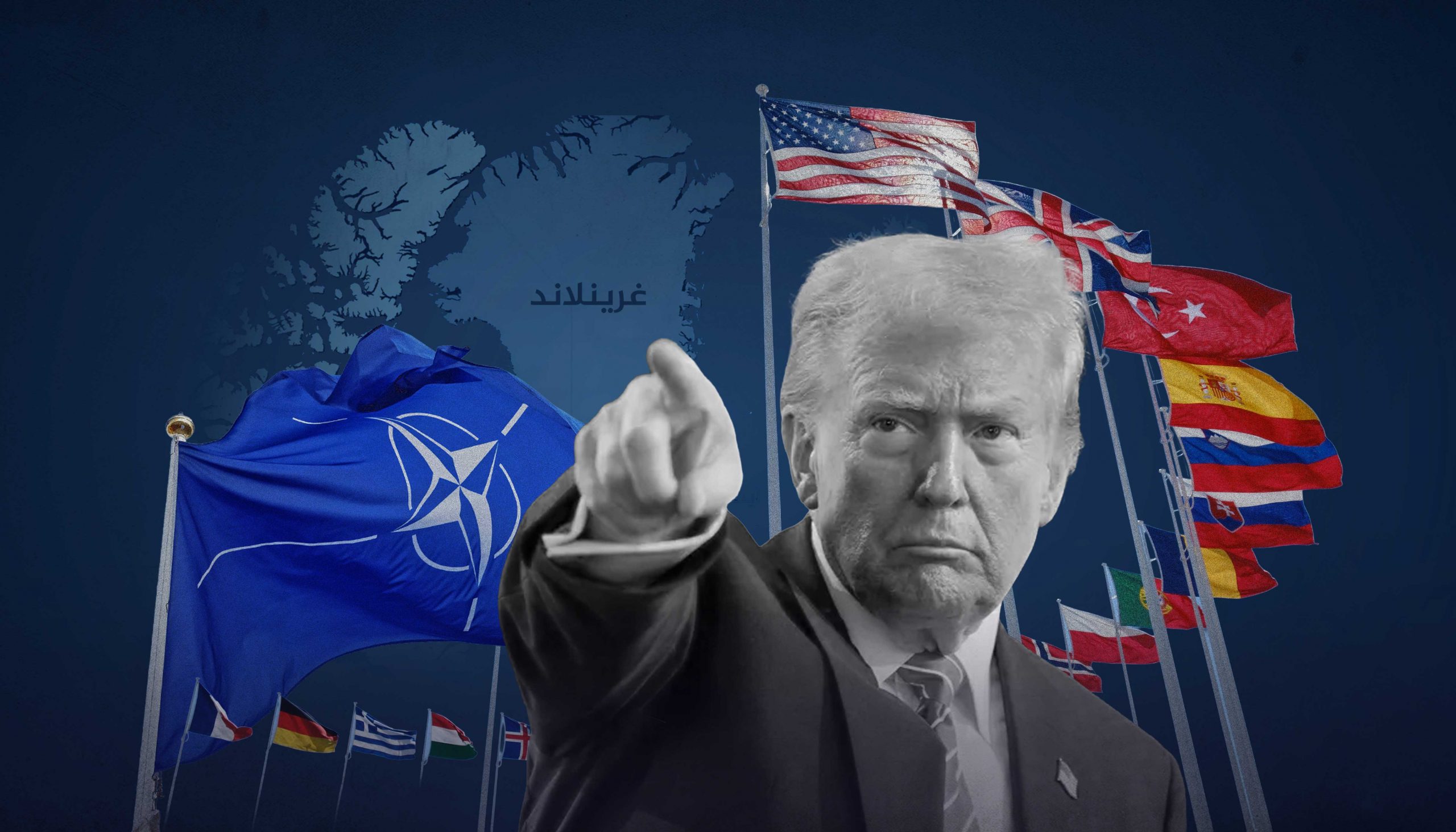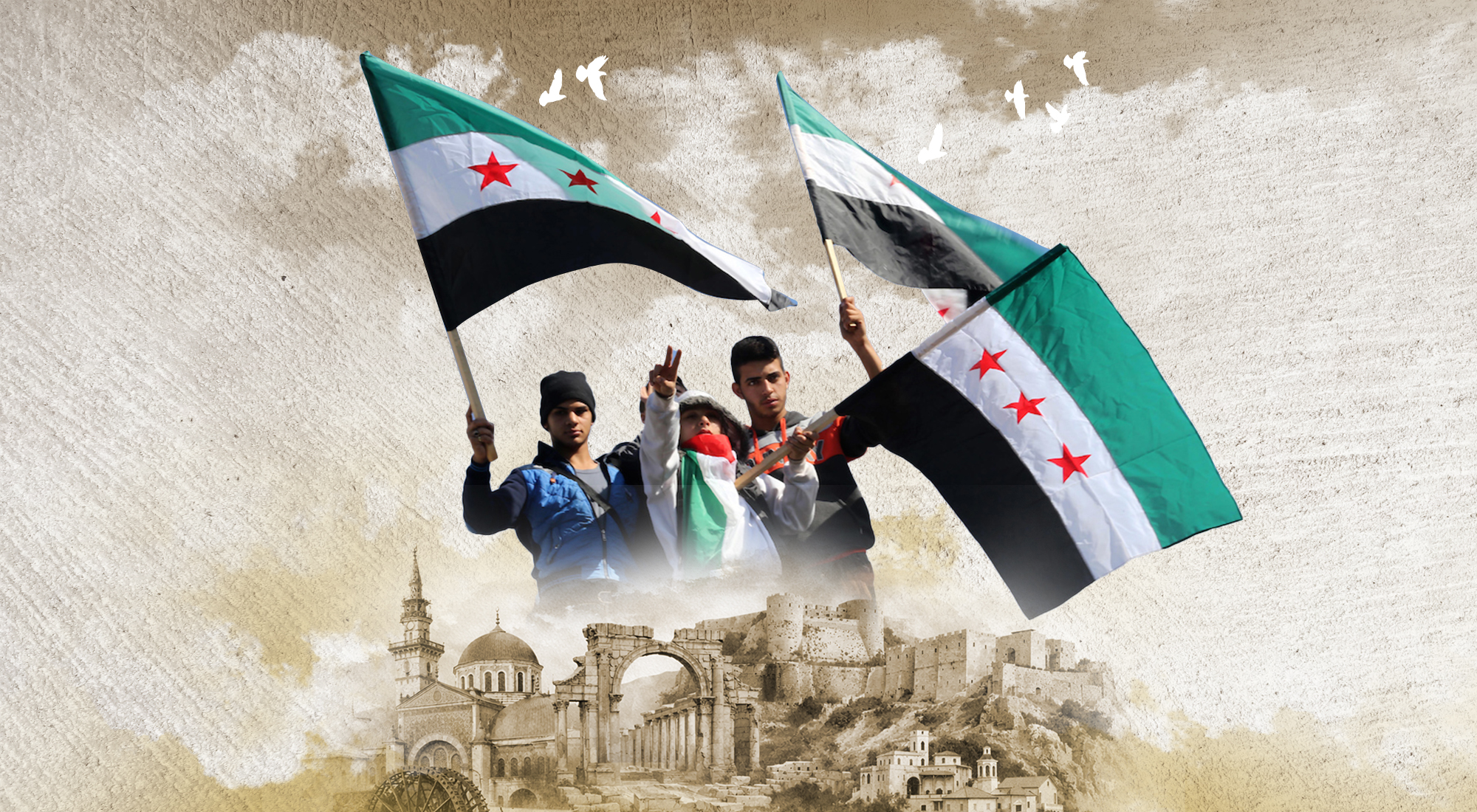As international concern grows over Russia’s war on Ukraine, Turkey is trying to position itself as a key mediator between the warring countries to facilitate dialogue and bring about a ceasefire. However, despite the situation getting more complicated and negotiations becoming harder, Turkey as a potential guarantor has not yet submitted details of its proposal. Indeed, Ankara’s will to maintain its position as a broker of mediation is driven by the need to preserve its national interests, which are highly influenced by regional dynamics and relations with Kiev and Moscow. In this regard, Turkey has hosted two mediation meetings in an attempt to facilitate a dialogue between Ukraine and Russia. The first of these meetings was held in Antalya on the margins of the Diplomacy Forum last March, later followed by another in Istanbul in which the Turkish Foreign Minister played the role of facilitator and observer. Aside from these formal meetings, Ankara has also been in constant contact with the two sides. This involves quite an effort on the part of Ankara considering the delicate balance it needs to maintain between being a NATO member and EU candidate, on the one hand, and on the other, a regional player whose strategic and economic ties with Russia are of crucial importance. The ultimate goal is indeed to achieve a ceasefire and forestall disruption of the regional order, in which Ankara has an important stake.
Ankara’s stance: A delicate balance
Formally, Ankara’s stance on the conflict is a sort of ‘pro-Ukraine’ neutrality coupled with caution to avoid disrupting the status quo in its relations with both Moscow and Kiev. Indeed, while Turkey strongly supports Ukraine’s territorial integrity and condemns Russia’s aggression, it has not taken a clear position against Moscow due to their deep bilateral ties. Ankara has been trying to maintain a balance in its relations with Ukraine and Russia by acting as an impartial country with a pragmatic approach, while taking into account its national interests. In this regard, Turkey presents itself as a balancing actor and honest broker. The reasons for this approach lay on the common interests shared with Ukraine and Russia. While Turkey’s relations with Russia pivot mainly on economic, strategic and energy interests, with Ukraine the defense element plays a big role. Indeed, in recent times, Turkey has been supplying Ukraine with Bayraktar TB2 drones, which are making the difference in containing Russian advances. Turkey had also previously provided Ukraine’s navy with technical support.[1] Currently, Turkey is very active on the ground with its humanitarian aid campaign aimed at evacuating civilians and receiving those fleeing the war. So far, more than 16,000 civilians have been moved out of combat zones [2] and around 60,000 Ukrainians have found shelter in Turkey, a number that will gradually increase due to escalating tensions.[3] In addition, Ankara is committed to ensuring continuity in the transfer of international diplomatic personnel, as was the case with the members of the Organization for Security and Co-operation in Europe (OSCE) special monitoring mission to Ukraine, who were transferred from Sochi via Turkey. In fact, the current war evokes some Cold War dynamics, as it resembles the iron curtain logic between the West and the East. In this context, Turkey has clearly adopted a balancing stance towards the warring parties, as well towards its international partners. Indeed, Ankara finds it convenient to maintain a certain degree of neutrality while investing in mediation efforts. Turkey has also shown full compliance with international agreements, namely the 1936 Montreaux Convention, which gives Turkey control over access to the Straits of the Black Sea. As per the Montreaux Convention, in times of peace warships are granted freedom of passage provided that Turkish authorities are given advance notification, while in times of war Articles 19, 20, 21 are applied, depending on Turkey’s position in the conflict. According to Article 19, in times of war, Turkey – not being belligerent – reserves the right to block the transit of belligerent warships.[4] Hence, at the end of February, some unregistered Russian warships were denied access to the Black Sea. Full solidarity to Ukraine was also expressed within the United Nations (UN), with Turkey’s firm condemnation of Russia’s military operations, which it reiterated several times, particularly after the tragic events in Bucha.[5] However, within the European context, Ankara has shown a certain moderation by abstaining from the vote on Russia’s suspension from the Council of Europe. The decision was justified as a need to keep open the dialogue with Moscow. In the same spirit, Turkey has refrained from implementing economic sanctions and closing its airspace to Russia, deviating from the general attitude of the European Union. These moves, indeed, are to be read as attempts to avoid severe spillovers on the Turkish economy, which is already under severe stress, and as necessary steps for facilitating the evacuation of civilians. From a strategic point of view, maintaining regional order is essential for Ankara, especially given its long-term interest in the Black Sea basin.
Ukraine: Strategic and cultural bulwark
Last February, Turkey and Ukraine celebrated the thirtieth anniversary of their diplomatic relations. On that occasion, Turkish President Erdoğan paid a visit to his counterpart Zelensky, after which many significant agreements were signed, mainly in the scope of defense and trade. Boosting the production of TB2 Bayraktar drones in Ukraine and the signing of a free trade agreement between the two sides were the cornerstone of the renewed ties. Turkey and Ukraine share a special relationship, which was largely proven with Turkey’s support for Ukraine’s NATO membership. Indeed, the defense and stability of NATO’s eastern border is a sensitive matter for Turkey, particularly since Moscow expanded its influence in the neighborhood (Georgia, Ukraine, Syria). Hence, Turkey has repeatedly expressed its support for the territorial integrity and social cohesion of Ukraine, while condemning Russia’s actions in Crimea. This land is of great historical and cultural importance for Ankara. When the Ottoman Empire extended its territory to the southern region of Ukraine, now occupied by Russia, including the strategic harbor of Odessa, called ‘Hacibey’ at the time, great turmoil followed, culminating in the 1787-1791 Russian-Turkish war. The Crimea had previously been conquered by the Russians in 1783, and this defeat paved the way for the gradual decline of the Ottoman Empire. Turkey is still bitter about the past, especially given the strong ties between Turkey and the Tatars of Crimea. The Tatars are a Sunni Muslim community speaking a Turkish dialect, who over the centuries, due to repression and mass expulsions, were reduced to a minority. As protector of the Tatars, Turkey has repeatedly demanded, also within the international arena, the return of Crimea under Ukrainian control.[6] It is therefore not surprising that the Black Sea has both symbolic and identity references for Ankara, as it represents the great rivalry with Russia and the safeguarding of the 300,000 Tatars in Crimea.
In line with the humanitarian approach of the AKP government, Turkey has promoted many initiatives aimed at protecting the Tatar community and has pursued extensive cultural and religious diplomacy. Since the outbreak of the war in Ukraine, over 200 Tatars have been evacuated to Turkey.[7]
Compartmentalized relationship with Russia
While supporting Ukraine’s cause, it is imperative for Turkish decision-makers to avoid punitive actions from Russia, with which it has a relationship based on compartmentalized alliances. As a NATO member, Turkey has been able to contain Russia in the south-eastern flank of the Alliance, thus preserving the post-Cold War regional balance of power. Despite Russia’s annexation of Crimea in 2014, which created new pockets of tension, Ankara has prevented any upheaval in the region by aligning itself to its partners when needed, while also being very careful not to provoke Moscow. Over time, Turkey’s relationship with Russia has become more of a ‘compartmentalized alliance’, pivoting on circumscribed understandings aimed at protecting mutual economic and strategic interests, without excluding eventual competition or direct confrontation, as was the case in Libya, Syria and Nagorno-Karabakh. In the aforementioned theaters, Turkey and Russia supported opposing factions, but somehow managed to emerge as the main brokers of the ceasefire. This was particularly evident in the most recent Nagorno-Karabakh conflict, where Ankara militarily supported Azerbaijan and Moscow sponsored Armenia; or in Libya where Ankara stood by the Al-Sarraj government while Russia backed General Haftar. Russia and Turkey proved the strength of their negotiation skills by putting an end to these hostilities. Syria is a slightly different case; despite both Ankara and Moscow taking different positions toward the Assad government, they launched the Astana peace process with Iran,[8] marking crucial ceasefires and turning points in the conflict.
As mentioned before, historically, the dynamics between Ankara and Moscow have been marked by a kind of mistrust alongside strategic cooperation, referring to the Ottoman past as well as Russia playing counterweight to Turkey’s fluctuating relations with Washington. With the AKP pursuing a so-called ‘rhythmic diplomacy’, Turkey has been acting autonomously from its traditional Western allies, creating mutual mistrust and serious rifts on crucial dossiers, including defense matters, most notably the Turkish purchasing of the S-400 missile defense system from Moscow.[9] As evidenced by the Syria, Libya and, most recently, the Nagorno Karabakh conflicts, Russia and Turkey, despite belonging to opposite sides, have demonstrated a strategic realism in establishing ad hoc alignments where common goals and mutual gains can be achieved. Even when there are divergent strategic interests, the opportunity to cooperate is emphasized more than the sphere of competition. Turkish-Russian relations are also based on emotional factors, beyond the mutual sympathy between Erdoğan and Putin. Indeed, in their political approach, they both share a tendency towards an autocratic interpretation of politics associated with a national-populist rhetoric that enables them to appeal to their respective electoral bases. In their rhetorics, for instance, they repeatedly refer to the “collusion” between external and internal “enemies” while underlining the greatness of their nations, which goes back to the glorious imperial past. Hence, personal relations between Erdoğan and Putin are more than cordial. The Russian President has provided support to his Turkish counterpart in his fight against the alleged internal enemies as well as in the ongoing Syrian crisis, by allowing de facto Turkish military incursions within Syria and including Ankara in the Astana group. This support was also evident in Libya and in the Caucasus, where Turkey and Russia were the main promoters of truces and ceasefires.[10] Nowadays, Erdoğan boasts a direct channel of communication with Putin at a time when Russia is almost completely isolated by the international community. However, Turkey is also very much aware of the fragile balance with its Russian partner, who will not hesitate to flex his muscles in the face of any threat. This was apparent in the Syrian city of Idlib, in 2020, where over 30 Turkish soldiers were killed by Russian bombs; a sad episode with serious spillover effects on Ankara’s relations with the West.[11] Thus, limited and temporary agreements aimed at softening tensions, without eliminating either the competition or the indirect confrontation, is the real essence of Russia-Turkey ties.
The current conjuncture
Currently, Turkey is faced with serious financial dysfunctions that the Erdoğanomics doctrine has so far failed to heal. Inflation rates have reached a historic peak of 70% which, combined with soaring prices and plummeting purchasing power, is creating great social discontent, even within AKP’s electoral base. Turkey needs to maintain its delicate balance between Russia and Ukraine, as further exacerbation of regional tensions could have a severe impact on Turkish domestic stability. According to formal estimates, in April alone, Turkey’s exports to Russia and Ukraine fell by nearly $140 million, with sales recording a dramatic fall from $638 million a year ago to $500 million. In the same month, Turkey’s exports to Ukraine plunged 49.3% to $105.2 million from $207.5 million a year ago. In March, sales to Russia were down by nearly 40% to $252.4 million from $419.8 million a year ago.[12] Ankara’s relations with Moscow are both strategic and economic-commercial in nature. Bilateral trade is around 30 billion dollars with a balance in favor of Moscow. There are complementarities in construction, with many projects in Russia undertaken by Turkish contractors; in tourism, where Turkey attracts many Russians to its Mediterranean Riviera; and in energy, in which Ankara is heavily invested. However, Ankara’s recent investments in the energy sector and its goal of becoming an international energy hub, could be jeopardized should a crisis break out. Turkey’s annual consumption of gas is around 45 billion cubic meters and 60% of this supply comes from Russia. The TurkStream gas pipeline was designed to transport 14 billion cubic meters annually to Turkey, as well as supply European countries by transporting natural gas through the Black Sea corridor from the Russkaya compressor in southern Russia to the terminal station in the Turkish Thrace region.[13] This is actually a project that both Erdoğan and Putin have pushed for in an attempt to boost their personal image and credibility. In fact, the TurkStream project was conceived to bypass Ukraine and Bulgaria and replace the South Stream project. Nevertheless, energy ties also pivot on the agreement signed by the Russian Rosatom for the construction of Akkuyu, the first Turkish power plant, located in Mersin and involving an investment of around 22 billion dollars.[14]
A more cooperative neighborhood
Besides its mediation attempts, Ankara’s inclination towards dialogue and renewed cooperation forms the basis of its current regional agenda. To some extent, this could be considered as a strategic move following US disengagement from the region, which subsequently impacted Turkey’s stance. Normalization seems to be the key word right now, where de-escalations, talks, negotiations, and mediation efforts are replacing conflicts and escalations. After years of tensions with some of its historical partners, Ankara has normalized relations with some Gulf countries, such as the UAE and Saudi Arabia, and in the critical Eastern Mediterranean basin, has carried out constructive talks with Greece as well as negotiations with both Israel and Egypt. It seems that relations are entering a new phase. Following the Azerbaijani-Turkish victory in Nagorno Karabakh, talks with Armenia have also resumed alongside a warming of relations with Europe and America. At a crucial point in time, when the West has opted for a hard line against Moscow, Ankara stands as a key interlocutor. Turkey’s efforts to diversify its energy also seems to have re-launched Turkey’s role as an energy hub. Indeed, with its cross border natural gas connections, energy and natural resources, the importance of Turkey has grown further as evidenced by the recent diplomatic traffic in Ankara.
References
[1] Arda Mevlutoğlu, Turkey’s Drone Experience, Osservatorio Turchia CESPI, Brief No. 40/January 2022, https://www.cespi.it/sites/default/files/osservatori/allegati/brief_40_turkeys_drone_experience_final.pdf.
[2] “Turkey in Coordination with Russia, Ukraine to Evacuate Its Citizens,” Daily Sabah, March 15, 2022, https://www.dailysabah.com/politics/diplomacy/turkey-in-coordination-with-russia-ukraine-to-evacuate-its-citizens.
[3] “Interior Minister Soylu: 58 Thousand Ukrainians Have Come to Turkey Since the War,” BBC News-Türkçe, March 22, 2022, https://www.bbc.com/turkce/haberler-dunya-60836830.
[4] Republic of Türkiye Ministry of Foreign Affairs, II. Convention Relating to the Régime of the Straits, https://www.mfa.gov.tr/ii_-convention-relating-to-the-regime-of-the-straits.en.mfa.
[5] “Turkey Calls for Probe into Civilian Deaths in Bucha,” Alarabia News, April 6, 2022, https://english.alarabiya.net/News/world/2022/04/06/Turkey-calls-for-probe-into-civilian-deaths-in-Bucha.
[6] Amberin Zaman, “As Russia Menaces Ukraine, Crimea’s Tatars Turn to Turkey,” Al Monitor, February 3, 2022, https://www.al-monitor.com/originals/2022/02/russia-menaces-ukraine-crimeas-tatars-turn-turkey.
[7] “Crimean Tatars Evacuated from Ukraine Thank Turkey for Hospitality,” Daily Sabah, March 7, 2022, https://www.dailysabah.com/politics/diplomacy/crimean-tatars-evacuated-from-ukraine-thank-turkey-for-hospitality.
[8] The Astana peace process was launched in January 2017 by Russia and Iran, allies of the Damascus regime, and Turkey, and led to the creation of some de-escalation zones.
[9] Federico Donelli, Turchia-Russia: aria di crisi all’orizzonte?, Osservatorio Turchia CESPI, Brief No. 33/July 2021, https://www.cespi.it/sites/default/files/osservatori/allegati/brief_33_turchia-russia.pdf.
[10] Valeria Giannotta, Erdoğan e il suo partito. AKP tra riformismo conservatorismo (Roma: Castelvecchi, 2018), pp.91-93.
[11] “Syria War: Alarm after 33 Turkish Soldiers Killed in Attack in Idlib,” BBC News, February 28, 2020, https://www.bbc.com/news/world-middle-east-51667717.
[12] “Turkish Exporters Lose Nearly $140M in April as Ukraine War Hits Trade,” Daily Sabah, May 8, 2022, https://www.dailysabah.com/business/economy/turkish-exporters-lose-nearly-140m-in-april-as-ukraine-war-hits-trade?s=09.
[13] Carlo Frappi, Il gadotto TurkStream: importanza e prospettive per la politica energetica turca, Osservatorio Turchia CESPI, Insights No. 6/February 2020, https://www.cespi.it/sites/default/files/osservatori/allegati/approf._6_-_energia_frappi.pdf.
[14] Akkuyu Nuclear-Rosatom, Project News, http://www.akkuyu.com/project-news.








